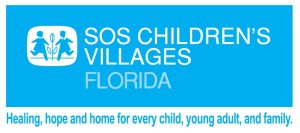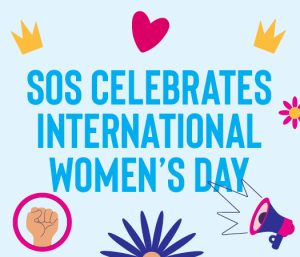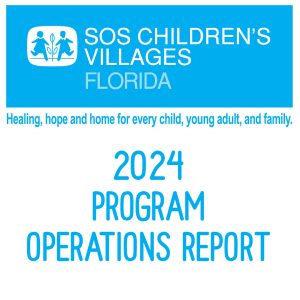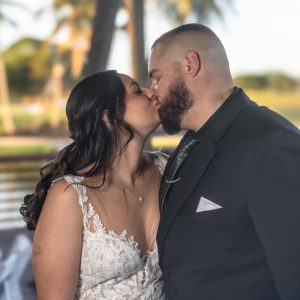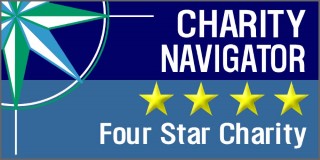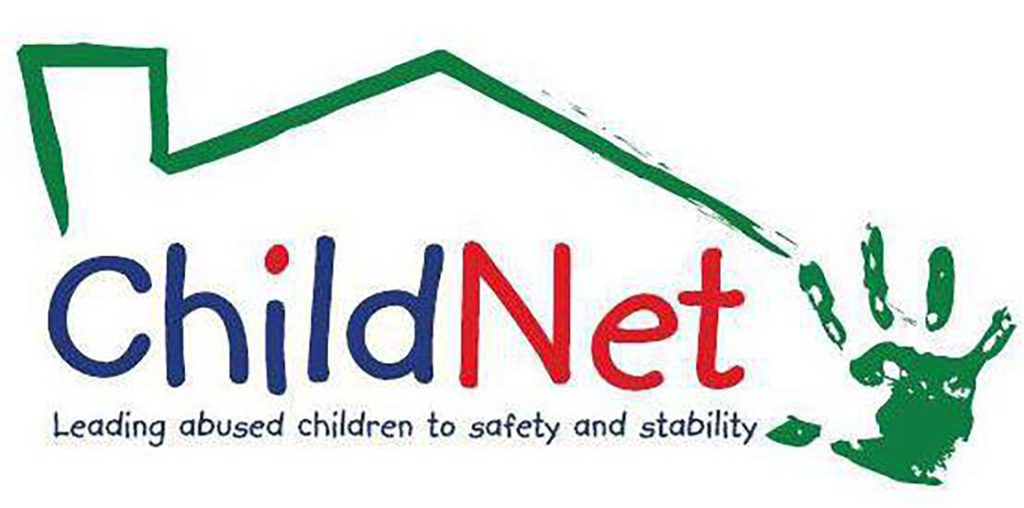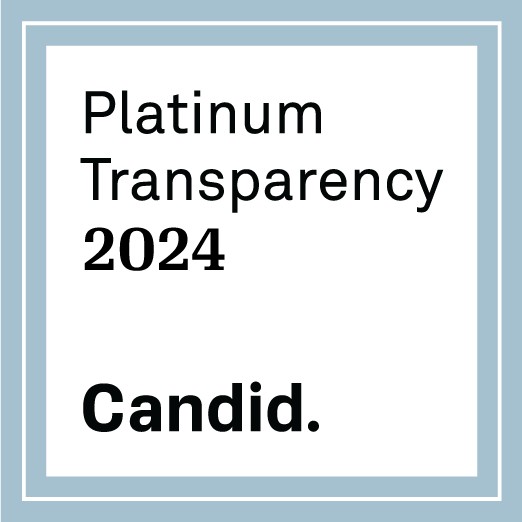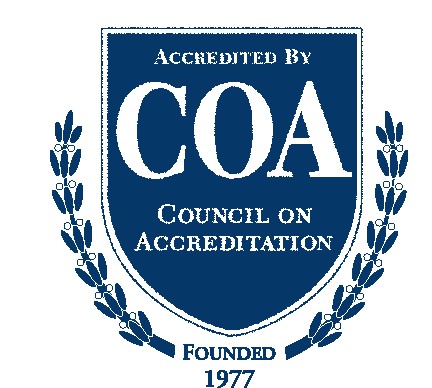BACKGROUND
My name is Ryan Mohorne, a native of Pompano Beach in Broward County, Florida. Born to Kenetra Jones and Peter Belony (Deceased) in October 1996. I grew up in a large family with diverse backgrounds. Despite facing early challenges, including abuse and time spent in the foster care system, I was fortunate to be adopted by Lessie Serru, who provided a stable environment for me and my siblings.
While college was always an aspiration, my academic journey had its twists and turns. After initially attending FAU to study business, I found myself struggling to connect with the curriculum and eventually dropped out. However, realizing the importance of education, I later enrolled at TCC in Tallahassee, determined to succeed despite the challenge.
DOCTORATE DETAILS
I am committed to pursuing a doctoral degree in Public Health from Florida Agricultural and Mechanical University (FAMU) with a focus on addressing the behavioral health needs of Christian African American gay people. Having grown up in a traditional Christian Black household while navigating the complexities of my sexuality, I understand firsthand the challenges faced by individuals within these communities.
Throughout my journey, I have recognized the critical importance of accessible and culturally sensitive behavioral health resources. Had I been connected with such resources earlier in life, many of the challenges I faced could have been mitigated. Therefore, my goal is to deepen my understanding of the behavioral health spectrum and identify effective strategies for meeting the unique needs of Christian African American gay people.
By pursuing advanced studies in public health, I aim to contribute to the development and implementation of tailored interventions, support systems, and educational initiatives. I am driven by a desire to make a meaningful impact within these communities, promoting mental and emotional well-being, fostering acceptance, and providing avenues for growth and healing.
The significance of this goal is underscored by the fact that no one in my family has pursued this level of education before.
FOSTER CARE
While my time in foster care was brief, it has played a profoundly influential role in shaping the person I am today. Just before I was adopted, I found myself under the care of the late Laura Frinks, who, along with her family, showed me love and support. Danyell Law, her niece, took me into her care during this period and continued to be a source of love and guidance.
Foster care presented challenges that I wouldn’t wish upon anyone, particularly the feeling of being uprooted from everything familiar. However, it also introduced me to individuals like Danyell who have become pillars of strength and guidance.
Through their support, I have been able to navigate challenges and pursue my path to success. Their presence has shown me the power of resilience and the importance of nurturing relationships. As I move forward, I am committed to using my experiences to uplift and support others who may be facing similar challenges, ensuring that no one feels alone on their journey.
LBGTQ+
Individuals on the LGBTQ+ spectrum often face the complex challenge of being understood and accepted for who they are. Growing up, I experienced firsthand the isolation and alienation that comes with feeling different. I was quiet and shy, traits that were often misunderstood and met with aggression in a society that struggled to comprehend or accept them, especially in the early 2000s.
While I recognize that my experiences were not solely the result of the foster care or adoption systems, they underscore the broader issue of societal attitudes towards those perceived as different. The lack of understanding and empathy in my environment made it difficult for me to accept myself during my formative years.
Moving forward, I am dedicated to advocating for empathy, understanding, and acceptance, ensuring that individuals on the LGBTQ+ spectrum, and all those who may feel marginalized, are celebrated, and embraced for their unique identities.
CHANGING THE NARRATIVE OF FOSTER YOUTH
One of the most remarkable traits of individuals who have experienced foster care is their unwavering resilience and determination. Despite facing stigmatization and barriers, foster youth are fighters, striving for a better tomorrow with hope as their guiding light.
Foster youth often encounter societal judgments and negative perceptions, making it challenging to break through these barriers and access the support they need. However, every foster youth I’ve encountered shares a common aspiration: the hope for a brighter future. Their greatest need is not just material assistance but also the intangible gift of hope—a belief that they possess the strength and potential to overcome obstacles and thrive.
To support foster youth, it is essential to offer not only tangible resources but also emotional support and a sense of community. Words of affirmation, ongoing access to resources, and the presence of a supportive community can all play a pivotal role in nurturing hope and empowering foster youth to realize their potential.
By fostering empathy, understanding, and tangible support for foster youth, we can collectively contribute to creating a more inclusive and supportive society where every individual, regardless of their background, feels valued and empowered to pursue their dreams.
